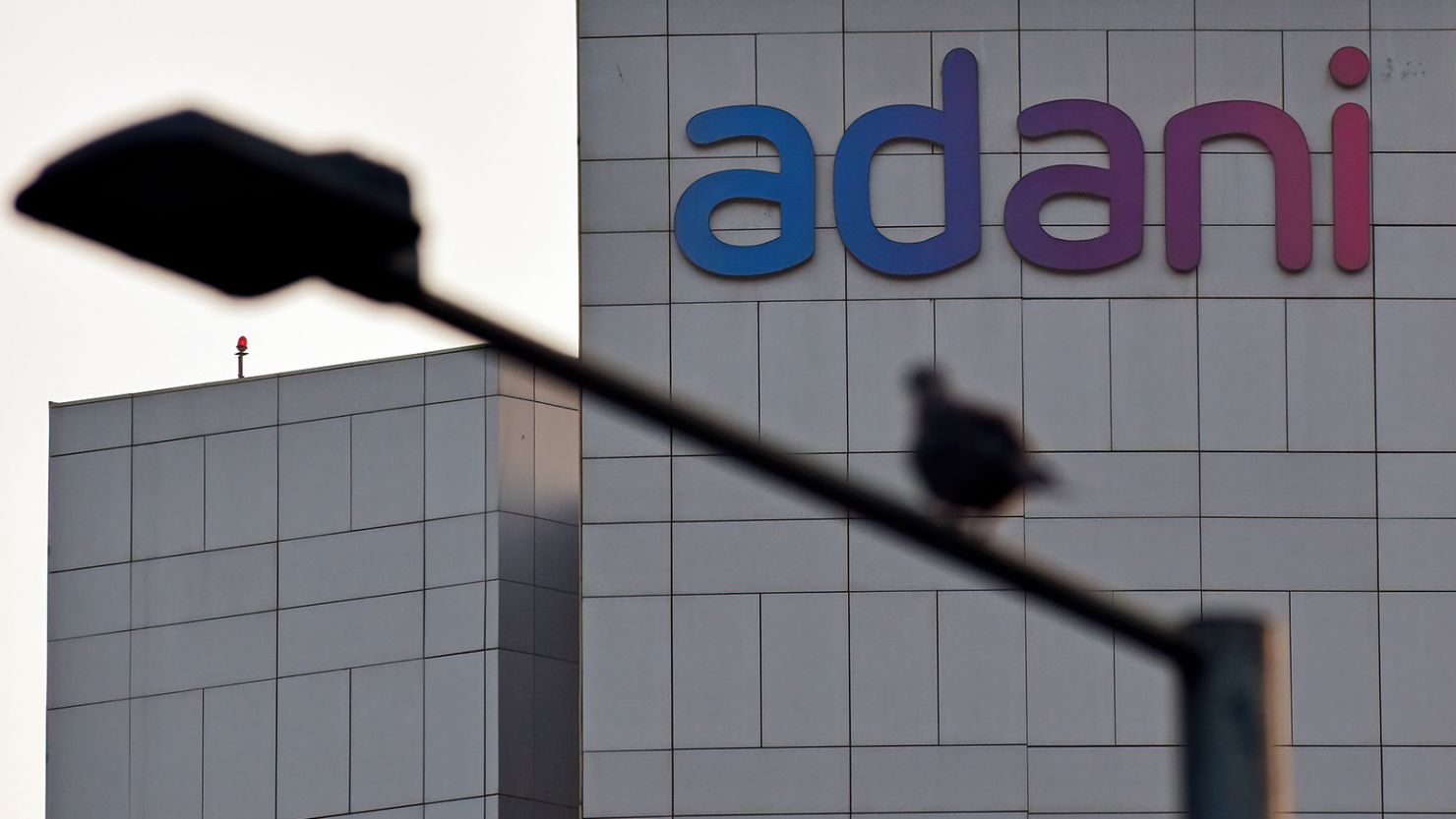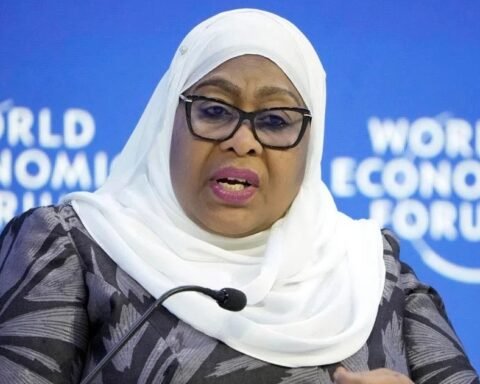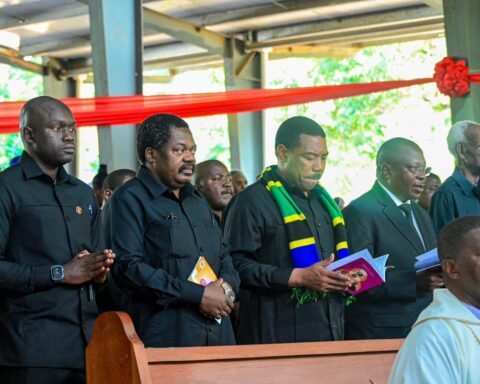The legal battle surrounding Indian billionaire Gautam Adani continues to intensify, with new developments pointing to significant evidence supporting fraud accusations.
However, experts believe that Adani, who remains in India, is unlikely to be extradited to the U.S. in the near future.
In a recent indictment, U.S. prosecutors in Brooklyn accused Adani of bribing Indian officials to secure energy contracts for one of his companies, while misleading investors in the U.S. about the company’s anti-corruption practices. The charges also involve his nephew, Sagar Adani, and another senior executive from the company, with additional charges of securities fraud and conspiracy. Five individuals from a U.S.-listed company, also allegedly linked to the case, have been charged with conspiracy to violate the Foreign Corrupt Practices Act (FCPA).
The case hinges on critical evidence found on Sagar Adani’s phone, including ledgers that prosecutors have referred to as “bribe notes.” Another key piece of evidence involves an email Gautam Adani allegedly sent to himself, containing a copy of a search warrant and grand jury subpoena that were served on his nephew in March 2023. These pieces of evidence could help prosecutors prove that the Adanis were aware of the fraudulent actions and failed to disclose ongoing investigations to investors while falsely asserting that the company adhered to strong anti-corruption policies.
Also Read; Tz, Government Takes Firm Stand Against Abusers of Power
Despite the charges, Adani has not been arrested and continues to make public appearances in India, including one on December 9, where he was seen at an event with Indian Prime Minister Narendra Modi. The Adani Group has denied the allegations, calling them “baseless,” and has pledged to pursue all legal avenues to contest the charges. The company associated with the U.S. charges also maintains that it cooperated fully with the investigation and has since severed ties with those involved.
Legal experts argue that the presence of supporting evidence, such as the “bribe notes” and email records, strengthens the prosecution’s case. While it’s unclear if the case will lead to an extradition request, the focus now is on the legal and diplomatic hurdles involved in securing justice.








Very nice article and straight to the point. I don’t know if this is really the best place to ask but do you people have any thoughts on where to get some professional writers? Thanks in advance 🙂